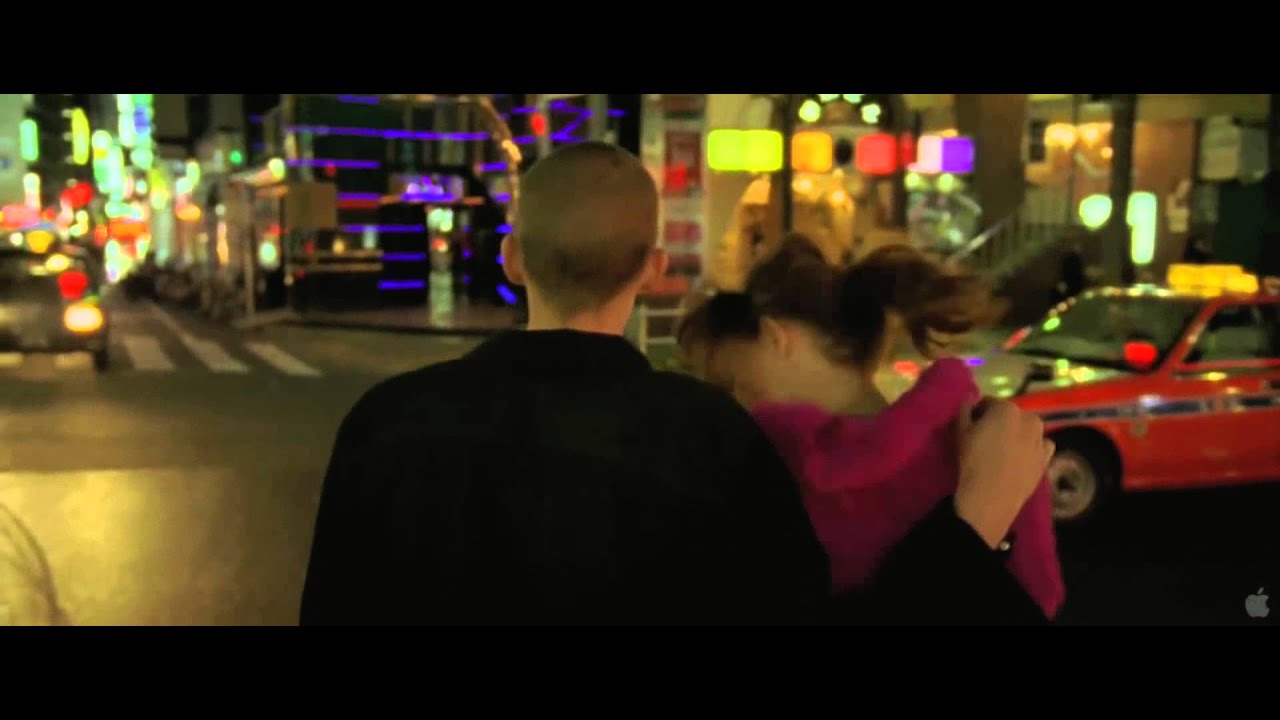These stories have been about forever, of course, universally. In our time and place they are derided by the scientismists, but they remain durable. That’s because they represent real experiences. Amongst the minority of scientists who live up to the pure scientific method, investigation of them has gone on for a long time. But as the linked article describes, they do so under stricture from those of their colleagues who can’t bring themselves to at least suspend the materialist dogmas of current scientism and look open-mindedly at the raw evidence.This despite the fact that whenever Dean Radin gives a lecture about his very high quality experimental work on psi faculties, the bulk of his audience is usually active professional scientists; and amongst them, the ability to recall psi-mediated incidents in their own lives, ot those of their close people, is very high; higher even than amongst the general public; up in the high 90s percentile. So Dean asserts. But the subject is currently taboo amongst the guardians of orthodoxy, so it has to be kept under wraps, for career-safety purposes! 
As contemplators of the super-psi hypothesis, such as Stephen Braude, point out, the question must be asked: are these really memories in the young children who describe them, or are they reporting clairvoyant perceptions which they have pulled up spontaneously from the Akashic Records? So far, no-one seems to have found a way to discriminate.
Hypnotic regression to capture past-life memories is now a well-established practice. Seems that many of us can do it, if we give it a try. But even that doesn’t resolve the super-psi question. Either explanation - real memories of past lives, or clairvoyance - is unsatisfactory to the materialists, of course, but none of their explainaways, that I’ve seen, carry any conviction.
One of the many reasons that I take so enthusiastically to the thinking of Tom Campbell is that his ideas about the true nature of fundamental reality doesn’t just accommodate the idea of repeated re-incarnation, but actually demands it as a basic given of his Big Theory of Everything. This from a lifelong physicist, whose Big TOE also offers the very best resolution that i’ve yet seen of the ‘impossible’ - yet repeatedly replicated - results of the quantum-mechanics experiments! Pretty good range, that! 
I’ve never had a spontaneous near-death experience, though I’d say that the more thorough sessions of shamanic journeying which veteran practitioners perform is close to the same thing. But the NDEs seem to confer on those who get them a limpid certainty about the travelling soul’s ability - indeed certainty - to transcend bodily death, and to be reborn into a fresh person - infant-Dr-Who-style - as often as the soul still wishes to continue the process.
My innate personal shamanic-journeying aptitude has always been modest. But the testimonies of many talented shamans, plus those of the NDEers, strike me as very reassuringly convincing. And the theoretical structure which Tom has teased out from his forty-odd years of constant, methodical, experimental OOBE journeying offers great satisfaction to students of these matters seeking a logical rationale for it all.
And anyone wanting to get close encounters with spectacular paranormal events, which help to shake off our materialist indoctrination most effectively, need only follow the psi-evocation techniques pioneered in our own time by KJ Batcheldor (qv). Run an effective sitter-group, according to his experience-derived advice, and you’ll witness miraculous, non-ordinary, allegedly-impossible psi events, both PK and ESP, in short order. Pretty well “by the pound” as one of Ken’s disciple-investigators once described it.
The authentic reality of these things, and the means to explore them extensively, are all there for anyone who determines to shake off the taboos, and go and look for themselves. If you want to know something at least about who you were before you became who you are now, start with past-life hypnotic regression, then go on to sitter group work (which requires rather more dedicated, persistent practice). You won’t come up blank, however sceptical your starting position may have been. You just have to be a really good scientist, and keep your scepticism open-minded.


 ). The other is to point you to this that you (and maybe others) might find interesting
). The other is to point you to this that you (and maybe others) might find interesting